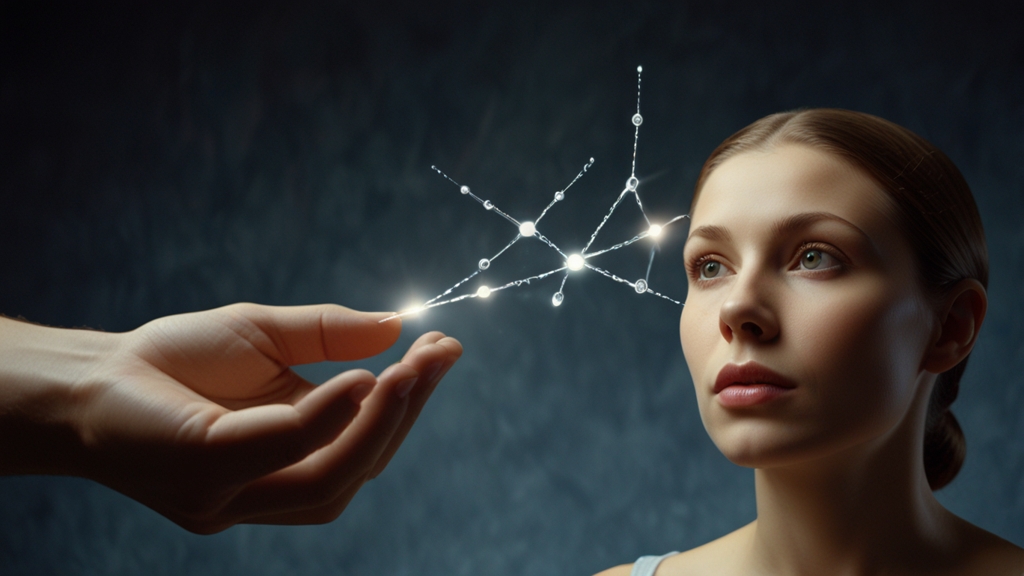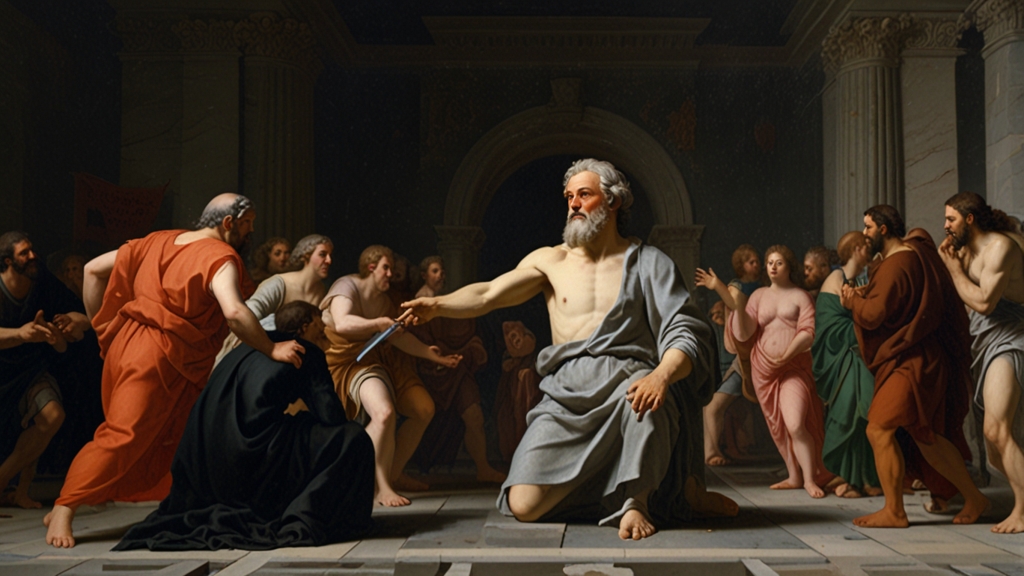The Cultural Impact of Genesis From Renaissance to Revolution
The Book of Genesis, the first book of the Bible, has been a cornerstone of Western culture and thought. From the Renaissance to the age of revolution, its influence has been profound, inspiring countless works of art, literature, philosophy, and scientific inquiry. This article seeks to explore the cultural impact of Genesis through these transformative periods.
The Renaissance: A Rebirth of Classical and Biblical Ideals
The Renaissance, spanning roughly from the 14th to the 17th century, was a period of immense cultural flourishing. This era witnessed a renewed interest in classical antiquity and a reverent rediscovery of biblical texts, among which Genesis held a preeminent place. Artists, writers, and thinkers found in Genesis a vast repository of themes that resonated with the human condition and divine wisdom.
"In the beginning, God created the heavens and the earth." — Genesis 1:1
This opening verse set the stage for Renaissance artists such as Michelangelo, who famously depicted the Creation of Adam on the ceiling of the Sistine Chapel. The image of God reaching out to touch Adam became an embodiment of the connection between the divine and humanity, symbolizing the Renaissance belief in human potential and divine inspiration.
Moreover, writers such as John Milton drew heavily on Genesis for their epic works. "Paradise Lost," Milton's masterpiece, reimagines the fall of man and delves into the themes of free will, obedience, and redemption. Through these works, Genesis continued to be a source of contemplation and artistic pursuit.
The Enlightenment: Genesis and the Birth of Scientific Inquiry
The Enlightenment of the 17th and 18th centuries marked a shift toward reason, science, and empirical evidence. Despite this new focus, Genesis maintained a significant cultural foothold. Many Enlightenment thinkers engaged with Genesis, not as a literal historical account, but as a source of metaphorical and allegorical truths.
Figures such as Isaac Newton and Galileo Galilei sought to reconcile their scientific discoveries with their faith. Newton, for instance, viewed the laws of nature as evidence of the intricate design described in Genesis. Galileo, though advocating for heliocentrism, famously stated that "the Bible teaches how to go to heaven, not how the heavens go," indicating a more symbolic interpretation of the Genesis creation narratives.
The Age of Revolution: Genesis and Social Transformation
The late 18th and early 19th centuries were periods of intense political and social upheaval, prompting revolutionary movements across Europe and the Americas. During this time, Genesis continued to inspire thought and action, though in complex and often contentious ways.
"So God created mankind in his own image, in the image of God he created them; male and female he created them." — Genesis 1:27
This notion of inherent human dignity and equal creation provided a powerful philosophical foundation for revolutionary rhetoric. In the American and French revolutions, the idea that all people are created equal and bear the image of the divine was a radical assertion that fueled demands for human rights and justice.
On the other hand, interpretations of Genesis were also used to justify conservative and hierarchical structures. The story of Noah’s curse upon Ham, for example, was misused in pro-slavery arguments and to maintain societal inequalities. Thus, Genesis was invoked in both progressive and regressive causes, demonstrating its complex and multifaceted impact on culture.
Conclusion
The Book of Genesis has wielded enduring influence from the Renaissance through to the revolutionary era, shaping and reflecting the cultural landscapes of these periods. Whether through art, science, or political thought, Genesis has been a source of inspiration, moral reflection, and controversy. Its narratives have transcended time, continually informing and transforming human understanding and societal norms.








